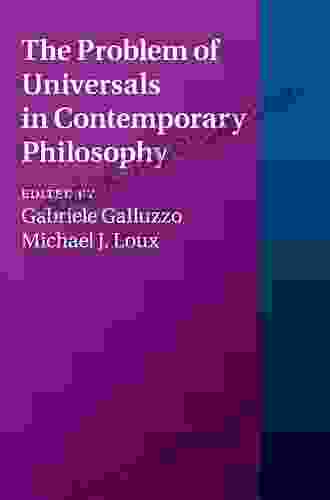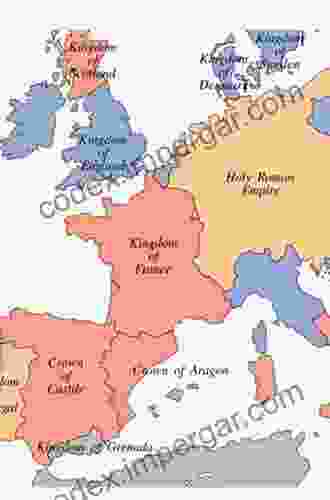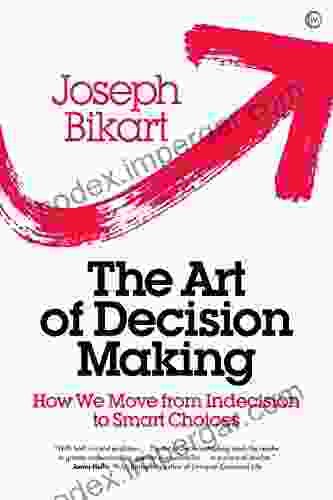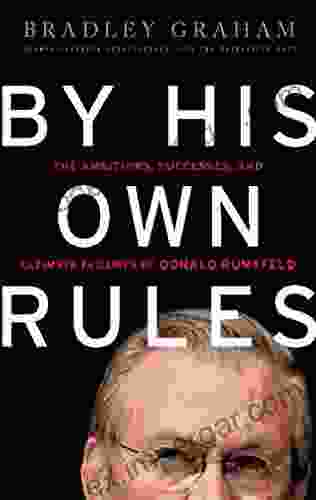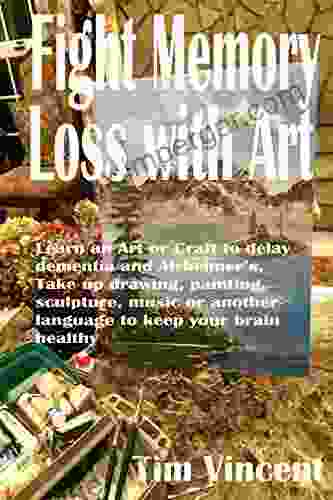The Problem of Universals: Unraveling the Enigma in Contemporary Philosophy

4.6 out of 5
| Language | : | English |
| File size | : | 1086 KB |
| Text-to-Speech | : | Enabled |
| Screen Reader | : | Supported |
| Enhanced typesetting | : | Enabled |
| Word Wise | : | Enabled |
| Print length | : | 241 pages |
The problem of universals is a fundamental philosophical question that has perplexed thinkers for centuries. It revolves around the nature of abstract objects, such as properties, relations, and concepts, and their relationship to the concrete objects we perceive.
The Historical Debate
The debate over universals can be traced back to the ancient Greek philosophers Plato and Aristotle. Plato argued that universals exist independently of particular objects and are the true objects of knowledge. Aristotle, on the other hand, held that universals are not real entities but rather immanent in the particular objects they characterize.
In the medieval era, the problem of universals was known as the quaestio de universalibus. Three main positions emerged: nominalism, realism, and conceptualism.
- Nominalism: Universals are merely names or labels that we apply to groups of similar objects. They do not have any independent existence.
- Realism: Universals are real entities that exist independently of particular objects. They are the underlying forms or essences that give objects their properties.
- Conceptualism: Universals are mental concepts that we form based on our experience of particular objects. They do not have an independent existence but are not mere names either.
Contemporary Perspectives
The problem of universals continues to be a topic of active debate in contemporary philosophy. There is no single accepted solution, but several influential theories have been proposed.
One prominent approach is Platonic realism, which argues that universals exist in a separate realm of abstract entities. This realm is often referred to as the "Platonic heaven" or the "world of Forms." Some contemporary philosophers, such as David Lewis, have defended versions of Platonic realism.
Another influential approach is Aristotelian realism, which holds that universals are real but are not separate from particular objects. Rather, they are immanent in the objects themselves and constitute their essential properties. Contemporary Aristotelian realists include Richard Boyd and Fred Dretske.
Conceptualism is still another approach to the problem of universals. Conceptualists argue that universals are not real entities but are rather mental concepts that we use to organize our experience of the world. Contemporary conceptualists include Hilary Putnam and Ruth Millikan.
Recent Advancements
In recent years, there have been several exciting developments in the philosophy of universals. One area of progress has been the development of new theories of abstraction. Abstraction is the process by which we form concepts and universals from our experience of particular objects.
Another area of progress has been the development of new theories of reference. Reference is the way in which words and other symbols refer to objects in the world. The problem of universals is closely related to the problem of reference, since many universals are referred to by words and other symbols.
Implications for Metaphysics and Ontology
The problem of universals has profound implications for metaphysics and ontology. Metaphysics is the study of the fundamental nature of reality, while ontology is the study of what kinds of things exist. The problem of universals challenges our understanding of both of these areas.
If universals are real, then they must be included in any complete ontology. This raises questions about the nature of reality and the relationship between the abstract and the concrete. Furthermore, if universals are real, then we must account for their existence and properties.
If universals are not real, then we must explain how we are able to talk about and refer to them. This raises questions about the nature of language and thought. Furthermore, if universals are not real, then we must account for how we are able to form general concepts and make universal claims.
The problem of universals is a complex and fascinating philosophical question that continues to challenge our understanding of reality. There is no single accepted solution, but the debate over universals has produced a rich body of philosophical literature and has helped to shape our understanding of the world around us.
Further Reading
- Armstrong, David M. Universals: An Opinionated . Westview Press, 1989.
- Boyd, Richard. Realism, Anti-Foundationalism, and the Enthusiasm for Natural Kinds. MIT Press, 1991.
- Dretske, Fred I. Naturalizing the Mind. MIT Press, 1988.
- Lewis, David. On the Plurality of Worlds. Basil Blackwell, 1986.
- Millikan, Ruth Garrett. Language, Thought, and Other Biological Categories. MIT Press, 2004.
- Putnam, Hilary. Reason, Truth, and History. Cambridge University Press, 1981.
Image Credits
- Plato: Wikimedia Commons
- Aristotle: Wikimedia Commons
- Porphyry's Tree: Wikimedia Commons
- Abstract objects: Pixabay
4.6 out of 5
| Language | : | English |
| File size | : | 1086 KB |
| Text-to-Speech | : | Enabled |
| Screen Reader | : | Supported |
| Enhanced typesetting | : | Enabled |
| Word Wise | : | Enabled |
| Print length | : | 241 pages |
Do you want to contribute by writing guest posts on this blog?
Please contact us and send us a resume of previous articles that you have written.
 Book
Book Novel
Novel Page
Page Chapter
Chapter Text
Text Story
Story Genre
Genre Reader
Reader Library
Library Paperback
Paperback E-book
E-book Magazine
Magazine Newspaper
Newspaper Paragraph
Paragraph Sentence
Sentence Bookmark
Bookmark Shelf
Shelf Glossary
Glossary Bibliography
Bibliography Foreword
Foreword Preface
Preface Synopsis
Synopsis Annotation
Annotation Footnote
Footnote Manuscript
Manuscript Scroll
Scroll Codex
Codex Tome
Tome Bestseller
Bestseller Classics
Classics Library card
Library card Narrative
Narrative Biography
Biography Autobiography
Autobiography Memoir
Memoir Reference
Reference Encyclopedia
Encyclopedia Kevin Malone
Kevin Malone Brian Cormack Carr
Brian Cormack Carr Karen Flaherty
Karen Flaherty Bob Carss
Bob Carss Stephen Halliday
Stephen Halliday Brian Cunningham
Brian Cunningham Brad Schultz
Brad Schultz C Barry Carter
C Barry Carter Bonnie G Smith
Bonnie G Smith C M Kushins
C M Kushins Lawrence T Orcher
Lawrence T Orcher Robert Ornstein
Robert Ornstein Peter Jung
Peter Jung Brandon H Beck
Brandon H Beck Brian K Jones
Brian K Jones Michele Sabad
Michele Sabad Brenna Wynn Greer
Brenna Wynn Greer Bridgette Sharp
Bridgette Sharp Mark Mathabane
Mark Mathabane Brian Whitney
Brian Whitney
Light bulbAdvertise smarter! Our strategic ad space ensures maximum exposure. Reserve your spot today!
 Griffin MitchellFollow ·5.4k
Griffin MitchellFollow ·5.4k Aron CoxFollow ·12.6k
Aron CoxFollow ·12.6k Anton FosterFollow ·3.5k
Anton FosterFollow ·3.5k Chris ColemanFollow ·7.6k
Chris ColemanFollow ·7.6k Percy Bysshe ShelleyFollow ·14.9k
Percy Bysshe ShelleyFollow ·14.9k Ernest PowellFollow ·17.4k
Ernest PowellFollow ·17.4k Dustin RichardsonFollow ·8.3k
Dustin RichardsonFollow ·8.3k Caleb CarterFollow ·12.2k
Caleb CarterFollow ·12.2k
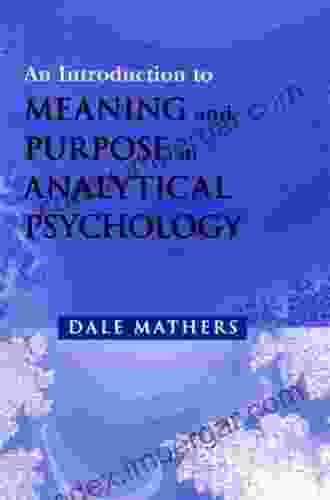
 Gary Cox
Gary CoxUnlocking Meaning and Purpose in Life: An Exploration of...
In an increasingly...

 Eric Hayes
Eric HayesMemoirs of the Early Pioneer Settlers of Ohio Illustrated
A Window into the Lives of Courageous...
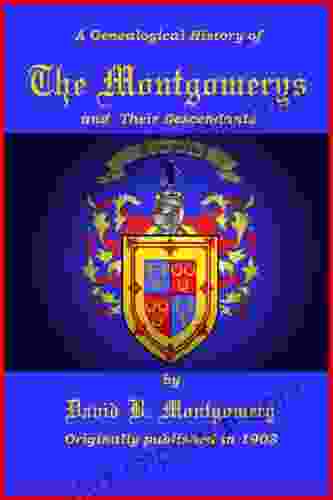
 J.R.R. Tolkien
J.R.R. TolkienThe Montgomerys and Their Descendants: A Saga of Courage,...
Prepare to be...
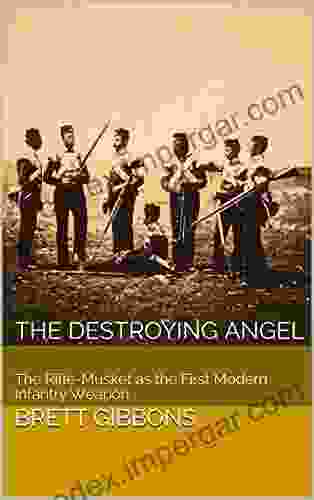
 Avery Simmons
Avery SimmonsThe Rifle Musket: The Dawn of Modern Infantry Warfare
: The rifle musket, a revolutionary...

 Jesse Bell
Jesse BellUnlock the Power of Excel with VBA and Macros: A...
Microsoft Excel is a powerful spreadsheet...
4.6 out of 5
| Language | : | English |
| File size | : | 1086 KB |
| Text-to-Speech | : | Enabled |
| Screen Reader | : | Supported |
| Enhanced typesetting | : | Enabled |
| Word Wise | : | Enabled |
| Print length | : | 241 pages |


